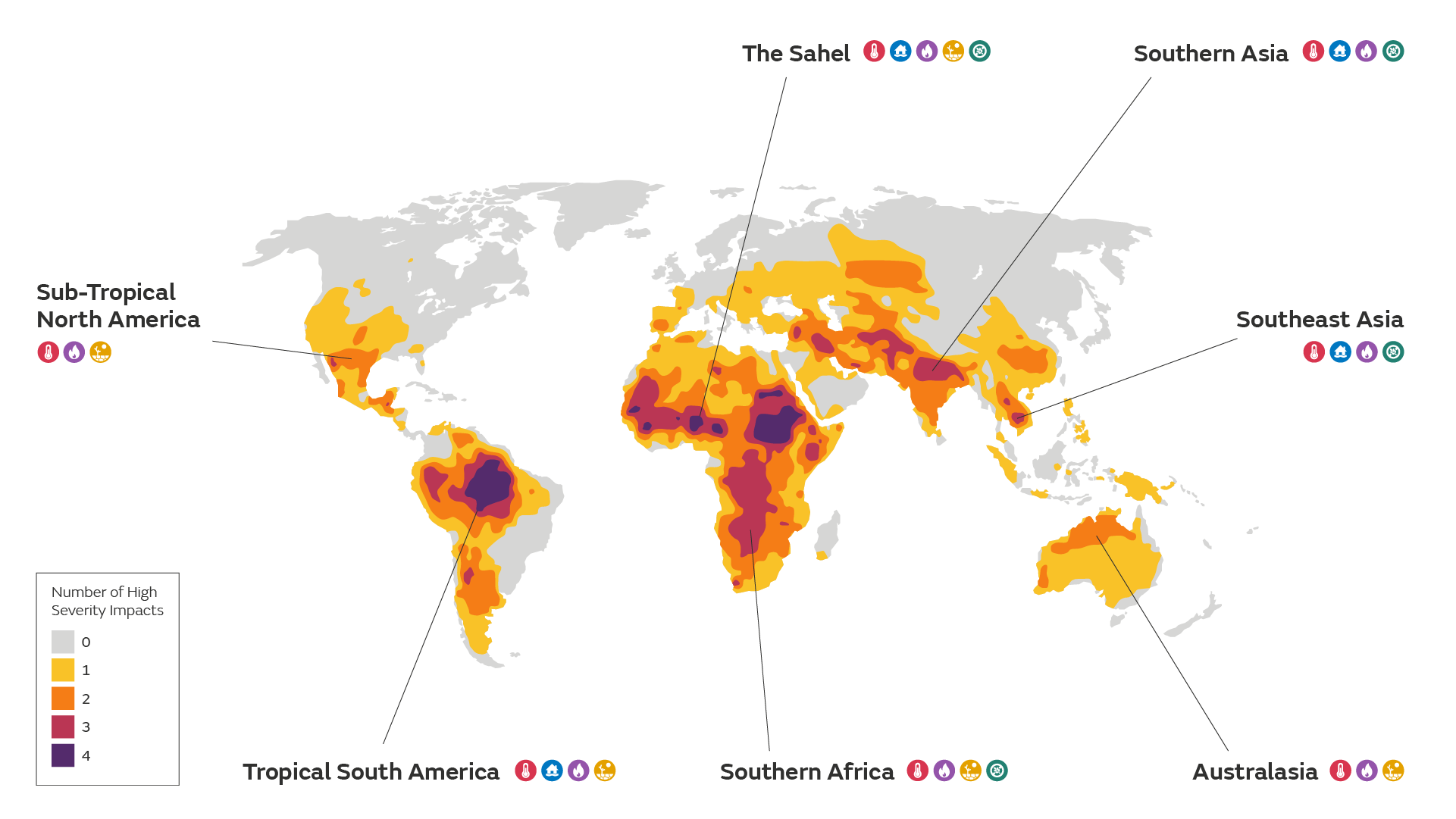
This course examines the social and public policy of climate change, from both a domestic and international perspective, drawing on research from disciplines such as economics, political science, public policy, and social policy. In doing so, the course is divided in to three parts:
First, the course documents the nature of the problem at hand by exploring the measurement of climate change and its possible human and societal impacts.
Second, we focus on policy responses to climate change, examining how policy is formulated and implemented at both the domestic and international level.
Finally, the course focuses on applying these insights and tools to issues such as economic development, migration, non-governmental organisations, and political violence.
In completing the course students will have a fuller understanding of the societal impacts of climate change and policy responses, with an eye to communicating scientific evidence to an audience of academics, policymakers, and stakeholders.
